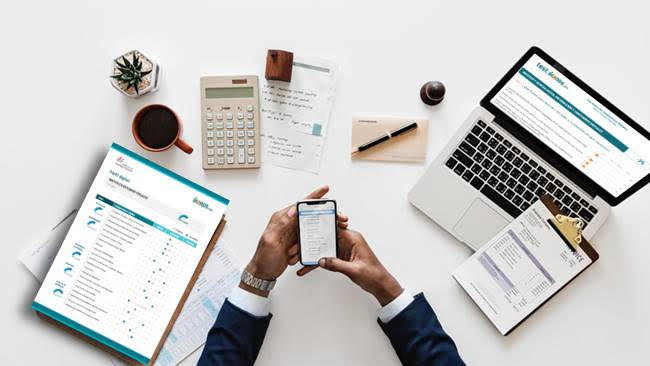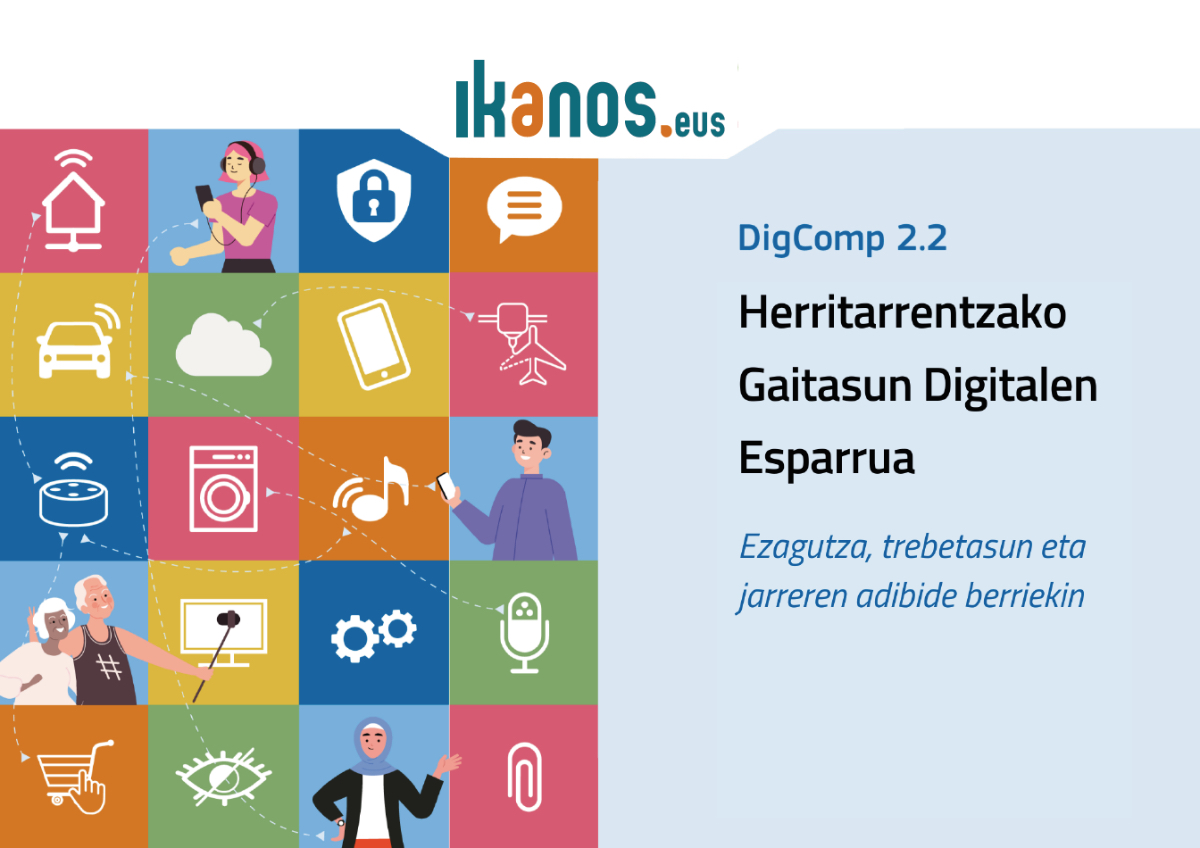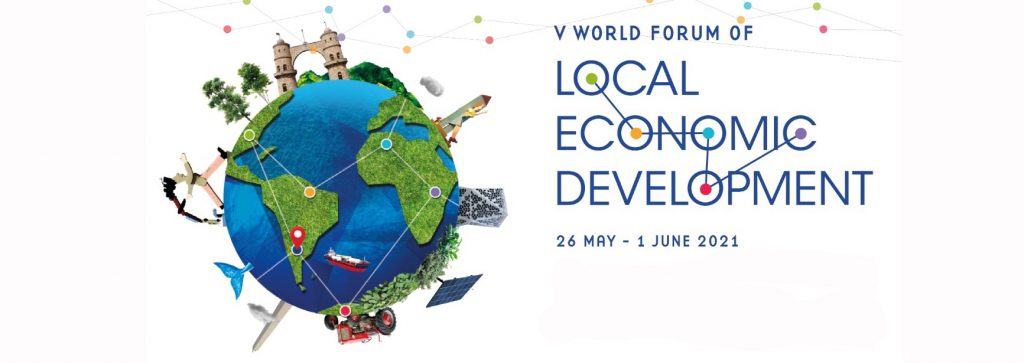Amaitu da 2022 Gaitasun Digital Profesionalen Programaren lehen edizioa

2022ko deialdian parte hartu dute 192 enpresak Giza Baliabideetan eta Digitalizazioan adituak diren 14 aholkularitza-taldek eman diete aholkularitza sektore guztiei
Gaitasun digital profesionalak ezinbesteko baldintza dira lehiakortasuna handitzeko eta Euskadiko enpresa-sarea osatzen duten erakundeek merkatuetan duten posizionamendua indartzeko.
Ezinbestekoa da enpresa bakoitzaren egoera ezagutzea, erakundea osatzen duten pertsonen gaitasun digital profesionalak aztertu eta hobetzeko planak ezartzeko.
SPRIk sustatutako Gaitasun Digital Profesionalen programak GGBBko eta Digitalizazioko adituen aholkularitza espezializatua eskaintzen die Euskadiko enpresei. Aholkulariek probatutako metodologia erabiltzen dute, IKANOS eredua, eta modu pertsonalizatuan eta doan aplikatzen dute. Metodologia horrek Europako Batzordearen DigComp esparru kontzeptuala erabiltzen du gaitasun digitalen diagnostikorako tresna praktikoak sortzeko, lantalde bakoitzaren beharretarako egokienak diren prestakuntza-planak abian jartzeko.
Gaitasun Digital Profesionalak Programak eskaintzen du:
- Gaitasun Digital Profesionalen arloko aholkularitza espezializatu eta pertsonalizatua lortzea.
- Europako DIGCOMP ereduan oinarrituta garatutako IKANOS eredua ezartzea.
- Plantillako gaitasun digital profesionalak diagnostikatzeko plana definitzea eta ezartzea.
Laster jarriko da abian Gaitasun Digital Profesionalen 2023 Programa!
Ez galdu aukera hau eta eskatu informazioa programaren edizio berrian parte hartzeko.







 En su papel de medición del progreso del aprendizaje en muchos procesos formativos, la popularidad de la autoevaluación ha aumentado considerablemente.
Aplicada como herramienta fundamental del método Ikanos, permite establecer con eficacia el progreso de adquisición de las competencias digitales.
En su papel de medición del progreso del aprendizaje en muchos procesos formativos, la popularidad de la autoevaluación ha aumentado considerablemente.
Aplicada como herramienta fundamental del método Ikanos, permite establecer con eficacia el progreso de adquisición de las competencias digitales.

